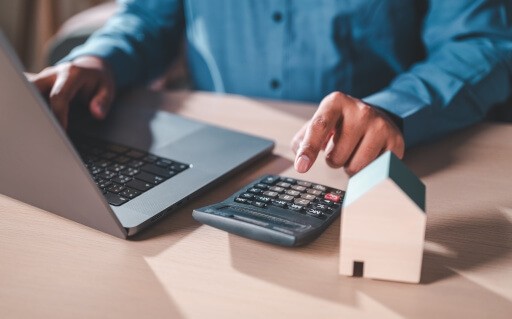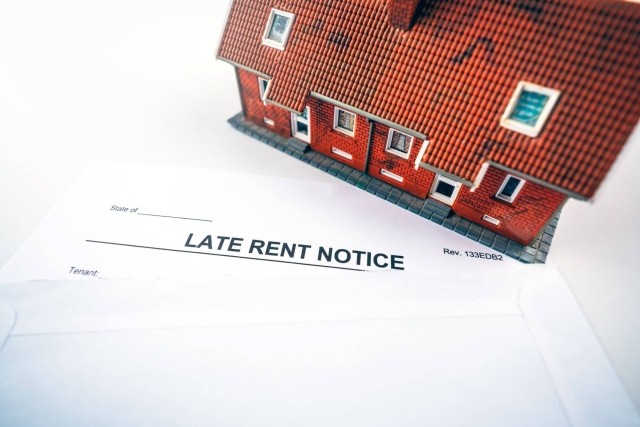If you own more than one rental property, handling your tenants’ security deposits could get dicey. When presented with a check, the knee-jerk reaction is to put it in a checking account - but which one? It’s wise to keep your rental deposits separate from your personal checking account and it could be required by law.
What are security deposits?
You’ll never meet a landlord who doesn’t accept a security deposit from a new tenant. The deposit is like an insurance policy, if you will, to assure you’ll have money to cover the cost of any damages made to the property. Deposits are typically requested up front (usually totaling one- or two-month’s rent) before a prospect can move in. It’s held until the lease expiration date, and returned to the renter once the move-out inspection has been finalized. If a tenant is renewing their lease, the landlord may rollover the deposit or request more if the rent is increasing.
Problems associated with comingling deposit funds
While the check may be written to you, and held in an account of yours, the tenant’s security deposit doesn’t belong to you. As mentioned before, it’s more of an insurance policy during the tenancy.
A landlord must hold onto it with care until the end of the lease. You’ll want to keep it in a neutral location, such as an escrow account, that can be easily accessible when you’re issuing refunds. It’s a good business practice to hold them in accounts other than your personal one, regardless of your state or municipality laws. If the account bears interest, some states require the landlord to return the interest accrued within the time frame of refunding a security deposit.
Common issues of comingling funds:
- Harder to Track. It could be near impossible to track the deposit’s whereabouts and validation in the court room. In many states, comingling funds could be detrimental to your right to claim part of the deposit.
- Personal Spending. You could very well end up accidentally spending it on something personal.
- Tracking Interest Accrual. Since the deposit is not yours, many states demand that the landlord amass interest on the tenant’s behalf. When mingled in your own personal checking account, it becomes difficult to track the deposit’s interest activity.
The solution? Keep it separate
It’s important, from a business standpoint, to keep your tenants’ deposits separate from your personal funds. When a tenant hands you their security deposit, it’s your responsibility as their landlord to keep it safe. Once you have inspected their apartment prior to moving out, you can then determine if you’ll return it in full or keep a portion of it due to damages.
How to organize your accounts.
There are many ways you can organize your bank accounts. You could seek advice from an accountant or a financial advisor, but if you have just a couple of rental properties to manage, there’s a real easy way to keep them structured. Separate your accounts like the example below:
- Personal Checking
This account will be used to house funds for your living expenses, personal home mortgage, and vacations/holidays.
- Personal Savings
This account will contain your own money for kids’ school tuition, retirement, and medical/emergencies.
- Business Operations
This account is your go-to to pay staff wages, rental property mortgage, repairs, rental property taxes, and to buy more properties.
- Rental #1
This account is designated only for the security deposits of the tenant(s) at rental property #1.
- Rental #2
This account is designated only for the security deposits of the tenant(s) at rental property #2.
-
Rental #3 This account is designated only for the security deposits of the tenant(s) at a rental property #3.
Track Expenses with Apartments.com
Being a landlord means dealing with bookkeeping. Whether it’s managing security deposits or documenting income, keeping everything organized for tax season can be a headache. Luckily, Apartments.com has a great solution. Our expense tracking platform helps you summarize rental expenses by property and tax category. From there, you can easily export them to CSV or PDF formats to make doing your taxes a breeze. Unlike our competitors, there’s no need to go off-site to a third party for required forms. With Apartments.com, you can download the required tax filing forms directly from your account, and they are backed up for seven years.
By separating the security deposits, you’ll be able to issue refunds to your tenants directly and quickly – this will come in handy because of the refund deadlines you have to follow. It’s also a great way to keep your books organized and your tenants happy!











